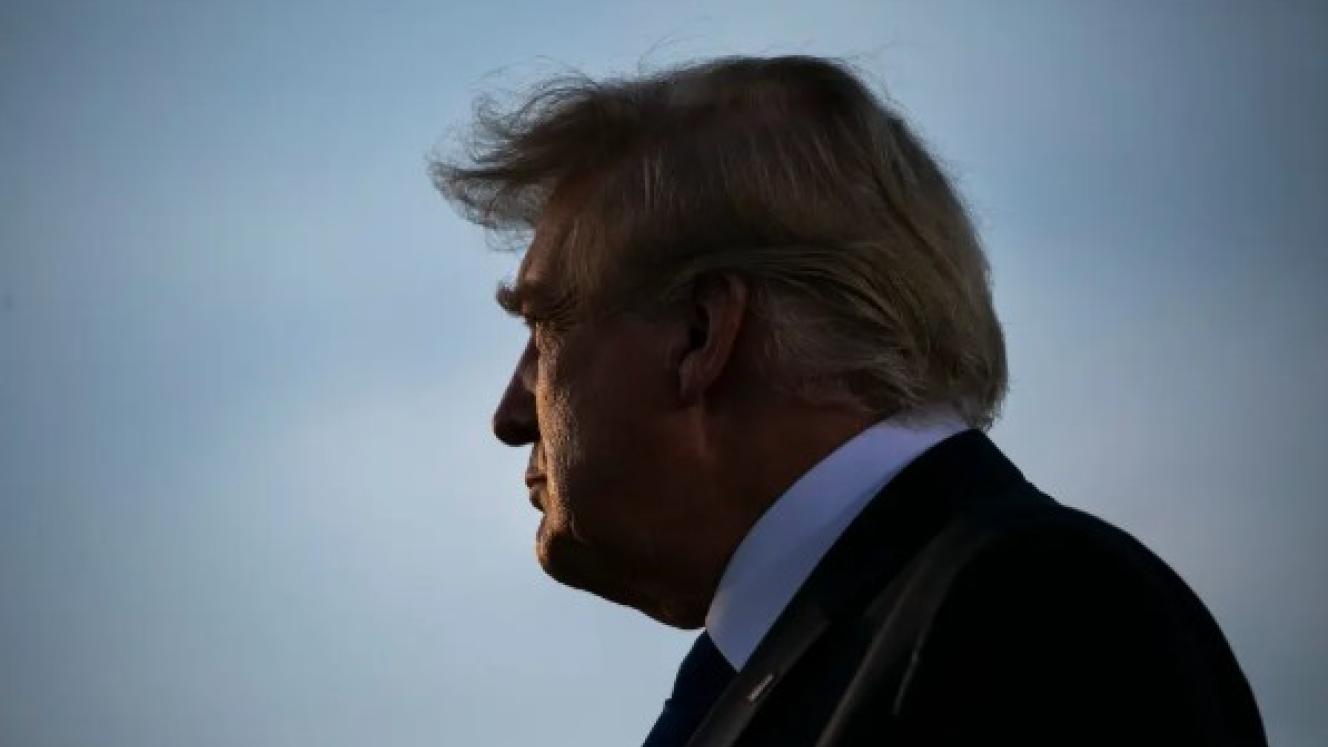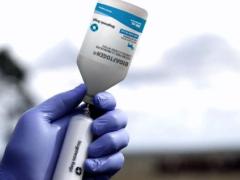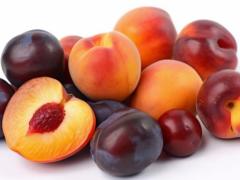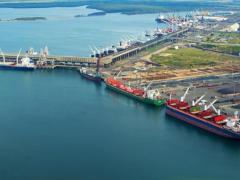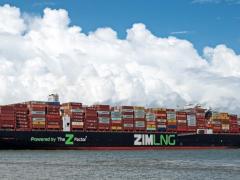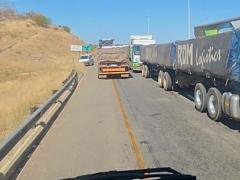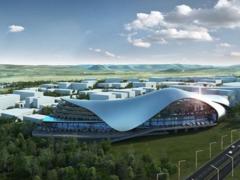South Africa’s automotive sector has urged the government to increase the duty on imported new cars and bakkies.
According to Business Day, sources in the industry have called for duties of 25-30% on imports and asked for changes to the Automotive Production and Development Programme (APDP) so that they can use incentive payments to reduce their own prices.
The sector says it needs urgent action to protect it from imports, which now account for 64% of new-vehicle sales in the country. According to analysts, Chinese imports represent the largest increase as its government provides subsidies that allow vehicles to be produced for 20-30% cheaper than anywhere else in the world.
India, from which many Toyotas and Volkswagens on local roads originate, remains the main source of imported vehicles into South Africa. These vehicles would be subject to the proposed 30% increase in import duty. However, APDP incentives could potentially reduce this to zero because local manufacturers earn import duty credits based on the volume and value of local production.
Some manufacturers produce more than enough vehicles locally to cancel out duties, so they import all their vehicles duty-free. Excess import credits, which can run into billions of rands, can be sold on the open market at a discount to independent importers.
However, manufacturers now want the government to adjust APDP rules so excess credits can be absorbed into their battling local business operations. One proposal is that this could reduce prices by cancelling out ad valorem taxes, which comprise more than 40% of the price of new vehicles sold in SA.
Speaking at the National Association of Automotive Component and Allied Manufacturers (Naacam) on Thursday, BMW SA chief executive Peter van Binsbergen was one of several business leaders to warn that decisive policy action could see the local motor industry failing.
Among examples of the industry’s growing concern is the fact that Mercedes-Benz SA has reduced production volumes, and there are also questions regarding Nissan SA’s future in the country.
South Africa’s automotive production is operating at less than 75% of capacity, with export demand fuelling two-thirds of production. Most of these are internal combustion engine vehicles, while export markets are now demanding a switch to electric vehicles. In addition, the US’s 30% tariffs slapped on local goods have impacted vehicle exports to that country.
Toyota SA Motors CEO Andrew Kirby said South Africa could no longer allow its manufacturing base to shrink as it accounts for 22.6% of the country’s manufacturing output.
South Africa’s vehicle production target is to reach 1.2 million units by 2035. However, it is not expected to exceed 600 000 this year.

